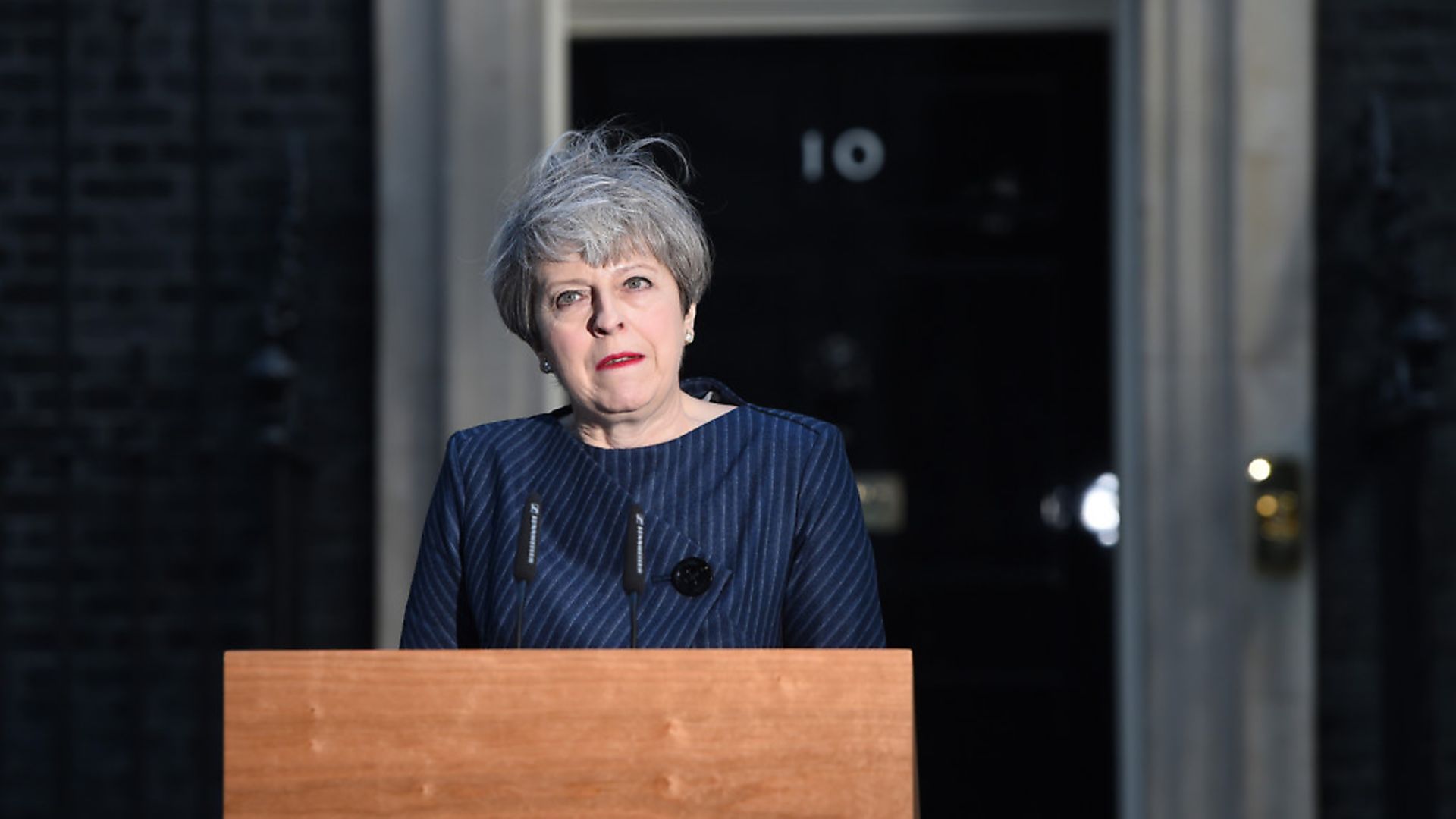
At the eleventh hour, we need not only cross-party cooperation but a cross-party government, says JONATHAN CHAPLIN.
Theresa May’s tortuously negotiated Brexit deal is now finally on the table but it faces the prospect of almost certain defeat in parliament. What happens then? May declares that parliament faces a binary choice: my deal or no-deal, while Amber Rudd has now joined the growing chorus of MPs insisting that parliament will simply not allow a no-deal outcome.
Is there a third option? Belatedly but courageously, Nicola Sturgeon has taken the initiative to explore a cross-party parliamentary majority for something like a Norway option. This would be a matter for the Political Declaration not the Withdrawal Agreement, which the EU has declared closed. In conditions of British parliamentary chaos that would threaten any deal, the EU might just contemplate amending the declaration to that effect.
A revised text would not, of course, be legally binding but it could at least be redrafted to stipulate clearly that this was the direction of travel for negotiations on the future relationship. That might just secure a parliamentary majority behind the deal as a whole.
Recall how we got here. Back in 2016, following a toxic, divisive and ill-informed referendum campaign issuing in a result of precarious democratic legitimacy, something like Norway was the option that could have reconciled many parts of a fractured nation and parliament. Instead the prime minister chose the wearily predictable Westminster path of exclusive tribalism – a Brexit delivered by one party with its greedy eyes on the supposed electoral harvest of having single-handedly ‘delivered the will of the people’.
The subsequent derailing of that hubristic strategy, first by May’s capture by the hard Brexiteers, and then by a reckless election gamble in 2017 leaving her abjectly – perhaps fatally – dependent on the DUP, may go down in history as one of the greatest peacetime blunders of any modern UK government.
But suppose the latent cross-party majority for a Norway route has not gone away. Suppose it’s only been hibernating, forced underground by the icy cross-winds of vitriolic Tory infighting and feverish Labour electioneering. Sturgeon’s initiative might yet allow it to re-emerge.
Yet it’s very hard to see how Sturgeon’s goal could be achieved unless MPs make the next, decisive step to form a cross-party national government in order to take back control of the entire process.
Certainly, the case for a People’s Vote must continue to be made, but it will not happen unless it’s backed by an executive willing to table the necessary legislation (and, almost certainly, seek a delay in the Article 50 process).
Anna Soubry’s proposal of a national government last July disappeared without trace at the time. It must now be revived. For if there is a majority that can be assembled either behind a Norway option or a second vote, it will be impotent to deliver either unless it forms the government.
The greatest obstacle to such an outcome, of course, remains the stifling adversarialism of our dysfunctional Westminster party and electoral systems. Even now, a tribal, winner-takes-all mentality remains so deeply embedded in the DNA of most MPs that even a manifestly party-transcending issue like membership of the EU gets sucked remorselessly into the toxic vortex of electoral self-interest.
We know the current Tory leadership will never countenance a cross-party government. If parliament defeats the deal, it’s even possible the Tories could cling to office under a new or temporary leader until Brexit day or beyond. Nor are there any signs that Team Corbyn would do so. They cling to the improbable hope that, if a general election isn’t attainable, Labour can form a minority government and negotiate a better deal on its own authority.
Given that neither Tory-led or Labour-led governments will back such a plan, MPs on both sides would have to desert their leaderships to create a national government.
They know that if they do so they will put the unity of their parties at serious risk. The initiative might lead to a fundamental realignment of the party system and the end of their careers. But if ever there was a moment when the demands of the long-term national interest must be put decisively before personal or party interest, this is it.
The mandate of such a government of national unity would have to be restricted exclusively to negotiating a commitment to this outcome. Its creation would need to be tied to a promise to seek fresh elections after March 2019.
If tribal partisanship is the greatest barrier to a government of national unity, parliamentary procedure is a close second.
If May’s deal is blocked by parliament, demands for a motion of no confidence in the government will rapidly emerge from the ensuing melee. Most likely, such a motion would have to be moved by the opposition. There seems no obvious way for backbench MPs or minor parties to ensure that such a motion is moved without the support of the Labour front bench. The procedural complexities are further deepened by the Fixed-Term Parliament Act. We are in constitutionally uncharted territory.
If such an opposition motion of no confidence succeeded, dislodging the Tory government, but Labour then refused to form a national government, a cross-party coalition of MPs would have to work out a way to bypass the front benches and constitute itself as an alternative majority government.
Unless MPs opposed to a damaging Brexit can summon unprecedented depths of courage and imagination and attempt the seemingly impossible – bending party loyalty and constitutional convention to democratic necessity – we will never know whether it could have been avoided.









